Verse]
My Beloved Is The Most Beautiful
Among Thousands And Thousands
My Beloved Is The Most Beautiful
Among Thousands And Thousands
My Beloved Is The Most Beautiful
Among Thousands And Thousands
[Chorus]
Yeshu Hu Oo Oo Ah, Ha Aa Aa Aa, Ah Aa Aa Aa
Yeshu Hu Oo Oo Ah, Ha Aa Aa Aa, Ah Aa Aa Aa
[Bridge]
For Yours Is The Kingdom
Yours Is The Power
Yours In The Glory Forever Amen
[Chorus]
Yeshu Hu Oo Oo Ah, Ha Aa Aa Aa, Ah Aa Aa Aa
Yeshu Hu Oo Oo Ah, Ha Aa Aa Aa, Ah Aa Aa Aa
[Bridge]
For Yours Is The Kingdom
Yours Is The Power
Yeshua (My Beloved Is The Most Beautiful)
Songwriter: John Wilds
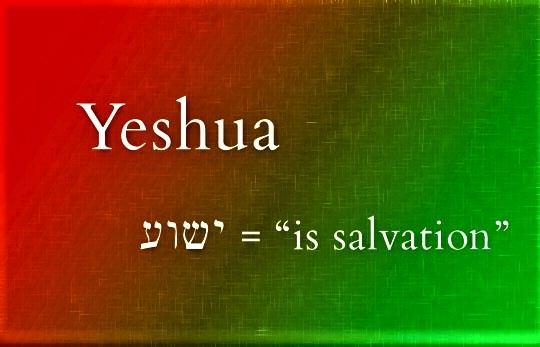
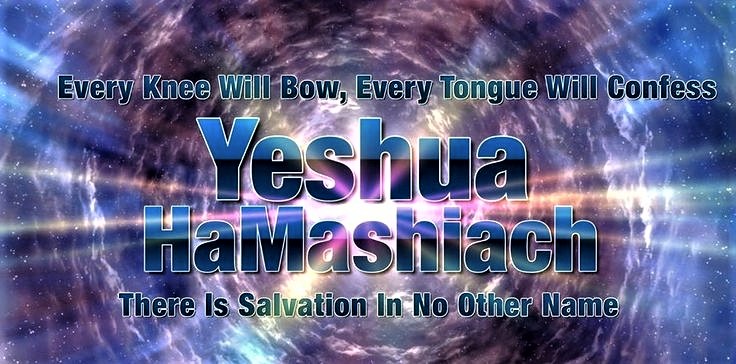
Part 2: Yeshua: The Meaning of the Hebrew Name of Jesus
You have have heard that the Hebrew name of Jesus is Yeshua. Why don’t Christians use it today? What does it mean? Read on to find these answers and more.
The Meaning of Jesus’ Hebrew Name Yeshua
Let’s start with the foundational information, which is understanding the name Yeshua. This unique name of God (one of many and yet, the most significant) means salvation.
It is only with this understanding that we can recognize Jesus’ Hebrew name throughout the Old Testament. Jesus’ disciples wouldn’t have called Him anything other than Yeshua. And instead of “Jesus Christ”, they’d say Yeshua HaMashiach (Messiah).
So why the confusion and where did the name “Jesus” come from?
We need to remember that the Old and the New Testaments were not written in the same language. The Gospels were written in Greek, which means we lose some of their Hebrew context. The prophecies around the infant Jesus are one such example of treasures “lost in translation”.
In biblical Hebrew, a name of a person (or town) was more than just a unique identifying title. It spoke of their calling or destiny.
For example, Moses means “drawn out”, like he was drawn out of the water by Pharaoh’s daughter. Then, he was used by God to draw Israel out of Egypt.
Elijah means My God is Yah (short for Yahweh). The prophet Elijah famously took a stand on Mt Carmel against the prophets of Baal.
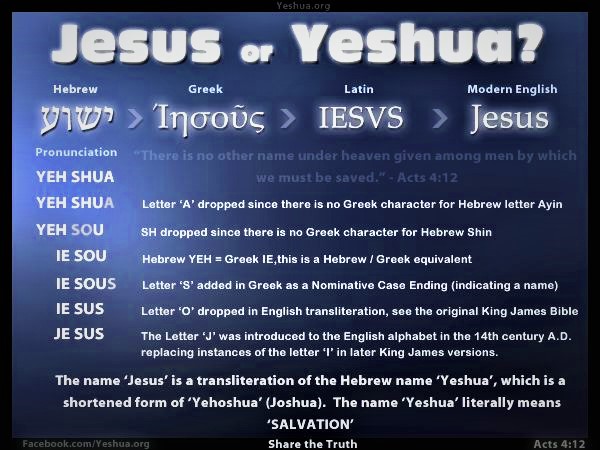
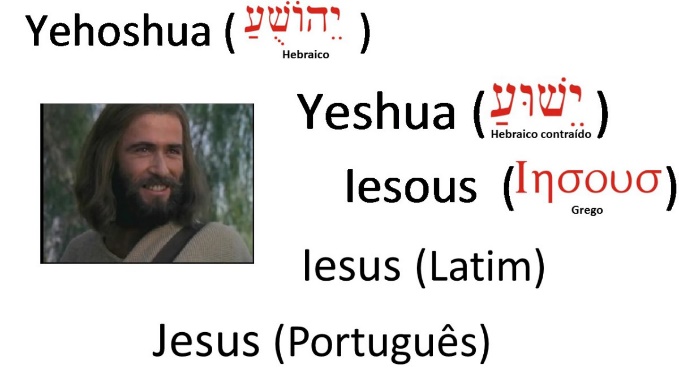
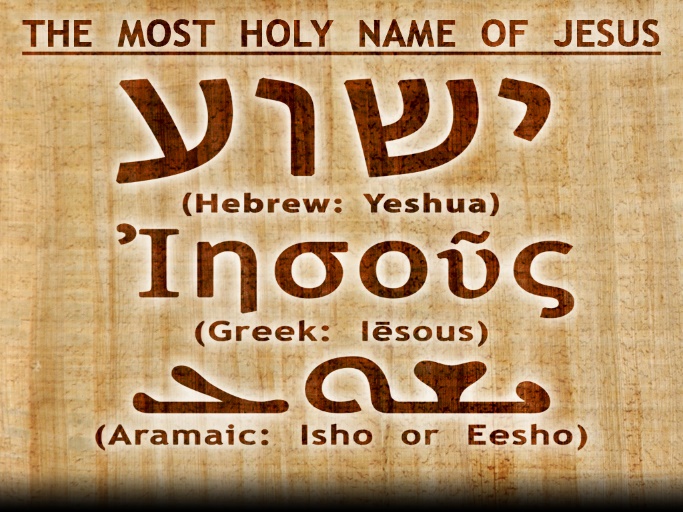
Between Hebrew and Greek
If you visit a Hebrew-speaking community of believers, you may notice that it is not only Jesus’ name that sounds unfamiliar. Instead of Peter (from Greek Petrus), they may use Kefa (Hebrew for rock). And you might hear Yohanan instead of John.
In messianic congregations, Jesus’ mother is not called Mary but Miriam – which is what her Hebrew name would have been. In the same vein, Mary Magdalene is simply Miriam from Magdala.
You could make an interesting case for Paul however, because the New Testament suggests he used both translations of his name, depending on context. Paul is what the Greeks and Romans called him, meanwhile to the Jews, he was Sha’ul (Saul).
Would Jesus have used both variations of His name – Hebrew Yeshua and Greek Iēsous (where “Jesus” came from)? We cannot know for sure, but it is unlikely. The Messiah never traveled outside of the Jewish land and most of His companions were Hebrews.
Yeshua in Hebrew: Defining the Story of Salvation
Yeshua – Jesus – was God’s promise to the world. He was the Messiah foretold through the prophets of Israel and all Hebrew history. Yet, when we study the New Testament, we often miss some treasures connected to His wonderful name.Take a look at the following verses. Whenever there is the word salvation, in Hebrew it literally says “Yeshua”. Try reading them with that in mind, and it may feel like you are reading straight from the New Testament:
Oh, that the salvation (Yeshua) of Israel would come out of Zion! (Psalm 14:7)
Let those who love Your salvation (Yeshua) say continually, “The LORD be magnified! (Psalm 40:16)
Restore to me the joy of Your salvation (Yeshua) and sustain me with a willing spirit. (Psalm 51:12)
Although the New Testament is not written in Hebrew, it is still communicating the same message as the Old Testament. A Jewish teacher (Jesus) speaks to His Jewish disciples, from the Hebrew Scriptures, while in the land of Israel. What a story!
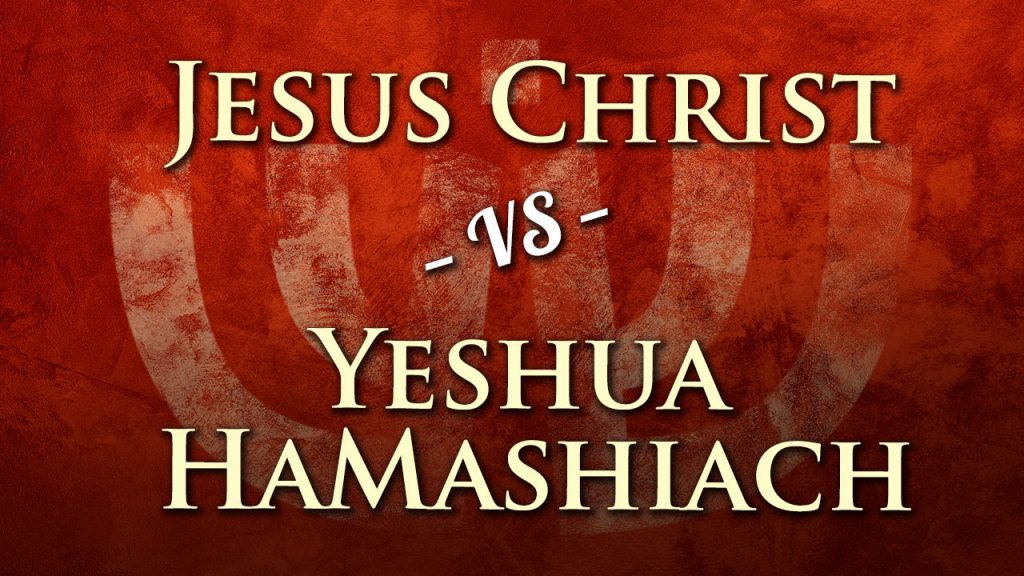
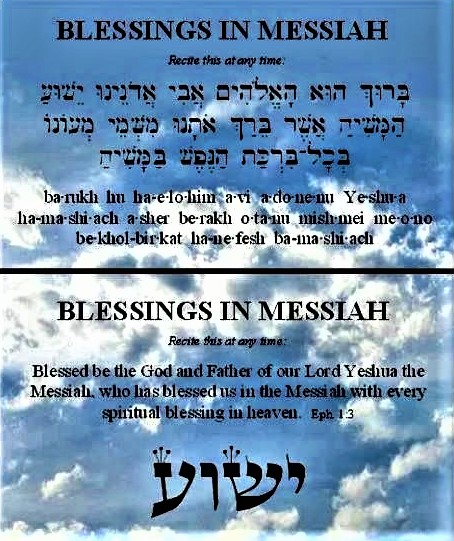
The Prophetic Meaning of Yeshua
With that in mind, let’s consider a Hebrew perspective on the first coming of the Messiah. We are awaiting His return! But there is a lot we can learn from when He first came to earth. So let’s see what it says about the name of Yeshua.
In Luke 1, the archangel Gabriel tells Mary (or Miriam) to name her son Yeshua, meaning “salvation.” An angel also tells Joseph, “you shall call His name Jesus, for He will save His people from their sins.” (Matt 1:21-22) Much like other Hebrew names, it was His calling and destiny from the beginning.
Later, Mary’s cousin Elizabeth gave birth to John. John’s father Zechariah prophesied that his son will “give to His people the knowledge of salvation (Yeshua) by the forgiveness of their sins” (Luke 1:77). What a legacy!
Thirty years later John the Baptist literally fulfilled this, pointing to Jesus as the Lamb of God who takes away the sins of the world. Although Zechariah might not have understood it, he prophesied the name of the One who would bring forgiveness.
The Name of Jesus for All People
After Jesus was born, Mary and Joseph went to the Temple. They met Simeon who was waiting to see the Messiah, according to God’s promise made to him. Upon meeting baby Jesus, Simeon proclaimed:
For my eyes have seen Your salvation (Yeshua), which You have prepared in the presence of all peoples, A LIGHT OF REVELATION TO THE GENTILES and the glory of Your people Israel. (Luke 2:30-32)
It is extraordinary that he said “my eyes have seen yeshua” while he was actually holding baby Yeshua in his arms! Perhaps this is why the very next verse says, “His father and mother were amazed at the things which were being said about Him.” (Luke 2:33)
What a profound promise and supernatural confirmation!
The Meaning of Yeshua HaMashiach
Yeshua, the salvation that was brought to the Jews first, was then shared with the whole world. Just like what we saw in Simeon, the hunger to know the name of all names is out there – even in Israel today!
So why then do we say Yeshua HaMashiach and how is it different from Jesus Christ?Often shared as a joke, many children think that Christ was simply Jesus’ last name. But let’s be honest, maybe even you thought that. That is because it’s a Greek word and its meaning is not exactly clear in English! It is important that we acknowledge the full meaning. The word Christos is the Greek word for Messiah, which means anointed. And the definition of anointing is to ceremonially confer divine position of authority to someone. How’s that for Jesus’ “family name”!
So Mashiach (the Hebrew pronunciation of “messiah”) means the Anointed One. In short, Jesus Christ is Yeshua HaMashiach is Anointed Salvation. And in Hebrew, His name looks like this: ישוע המשיח.

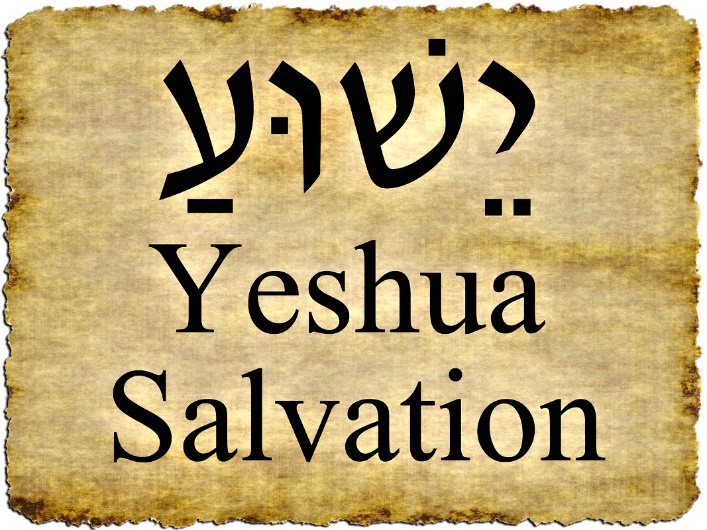
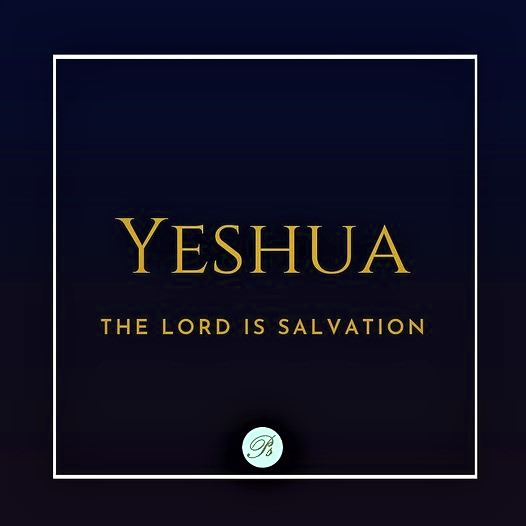


Leave a Comment: